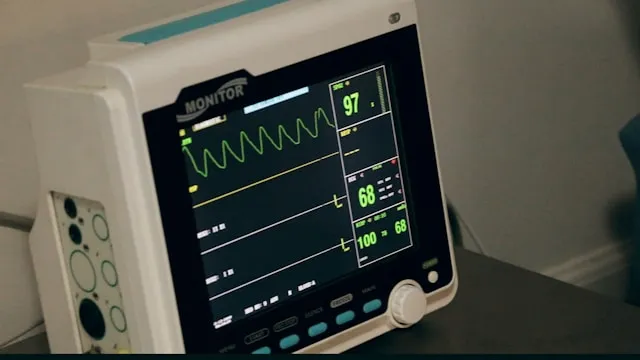Menorrhagia or heavy menstrual bleeding is defined as heavy and prolonged menstrual bleeding, which leads to soaking a pad and/or tampon every hour and disrupts a woman's normal activities. For women suffering from heavy menstrual periods, their whole routine is scheduled to account for these days, when their ability to carry out routine chores is seriously affected. In extreme cases, it can lead to iron deficiency anemia, severe loss of blood, shortness of breath, fatigue, and palpitation that may need medical attention. Understand the Menorrhagia or heavy menstrual bleeding.
Read about 5 Superfoods to Reduce PMS Symptoms
Symptoms of Menorrhagia (Heavy Menstrual Bleeding)
- Soaking sanitary pads every hour or less for many hours in a menstrual cycle
- Need for increased protection by frequent change of sanitary napkins to control heavy menstrual flow and staining
- Need to wake up during night hours to change sanitary protection
- Bleeding for more than a week
- Increased passage of blood clots with menstrual flow
- Limited ability to carry out routine chores due to heavy menstrual flow
- Symptoms of anemia, such as tiredness, fatigue or shortness of breath
Drug Therapy for Menorrhagia (Heavy Menstrual Bleeding)
- Iron supplements for anemic cases
- Nonsteroidal anti-inflammatory drugs (NSAIDs) - NSAIDs, such as ibuprofen help in reducing menstrual cramps as well as blood loss
- Oral contraceptives - They play vital role in regulating menstrual cycles and decrease episodes of heavy and prolonged menstrual bleeding.
- Hormonal Therapy - Progesterone may be advised for correction of hormonal imbalance and reduced blood flow
Surgical Options
- Dilation and curettage (D&C) - It involves dilating the cervix and scraping the inner lining of the uterus to reduce menstrual bleeding.
- Uterine artery embolization is indicated for women suffering from fibroids, which causes shrinkage any fibroids in the uterus
- Focused ultrasound ablation - It reduces the fibroids using ultrasound ablation
- Myomectomy - This procedure involves surgical removal of uterine fibroids
- Hysterectomy - This surgery causes removal of your uterus and cervix which can be done in extreme cases. It is a permanent procedure that causes sterility and ends menstrual periods
Categorized into
General Health,
Heart Health,
Gastric Conditions,
Pregnancy Health,
Women Health,
Menstrual,
Gynae Conditions

Reviewed by







